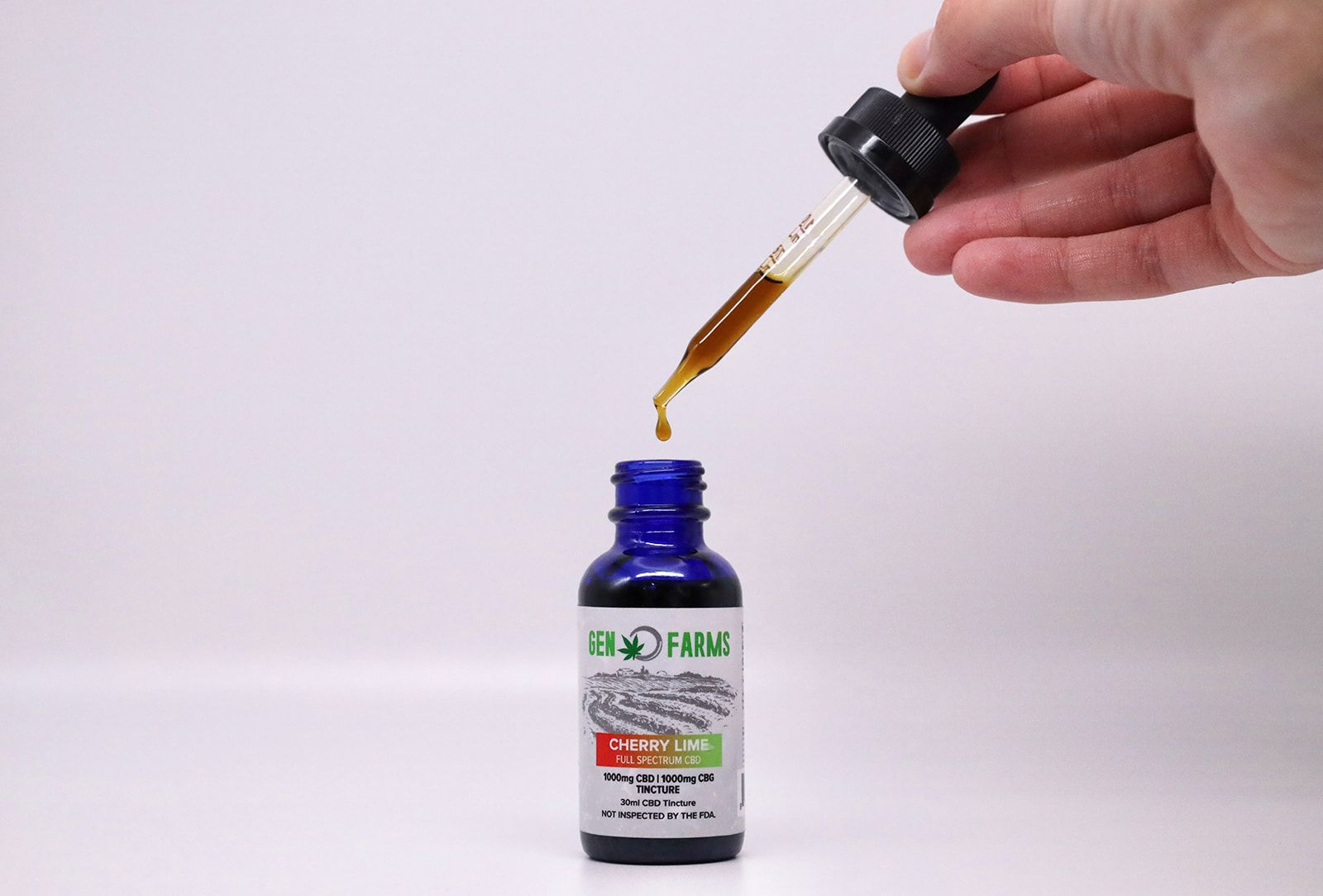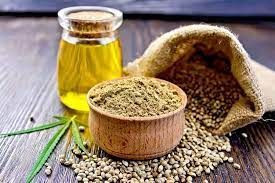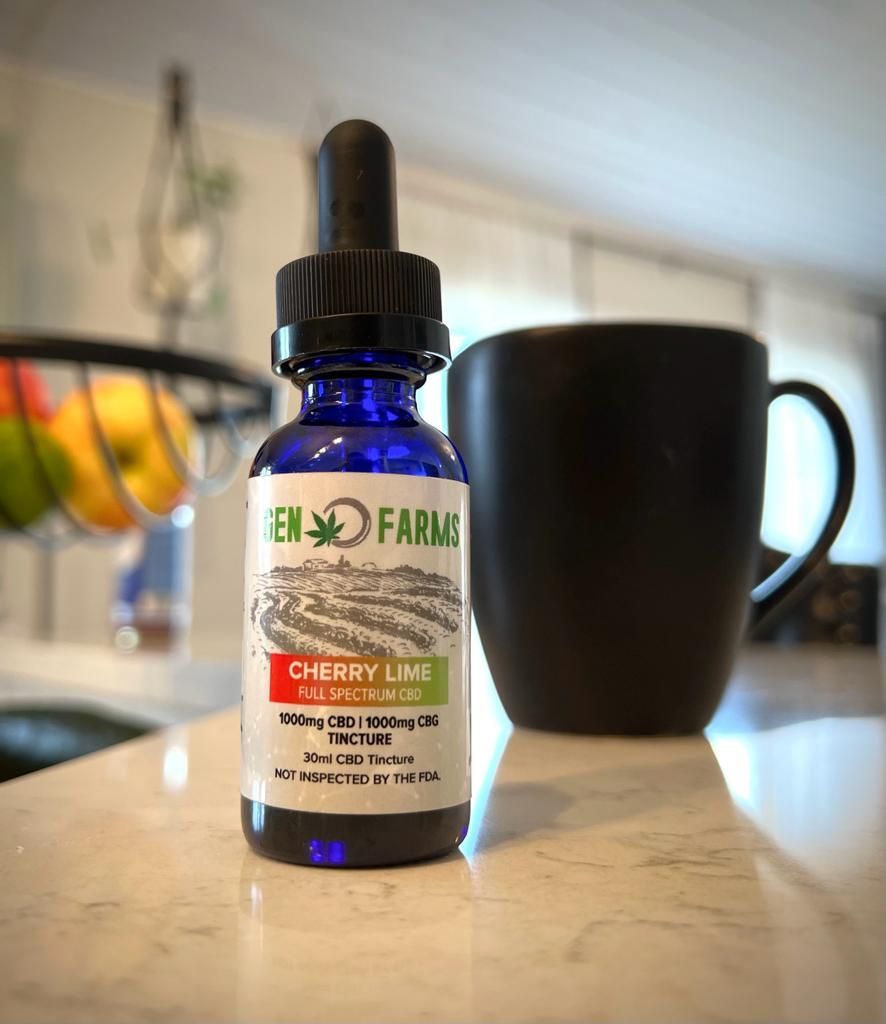There is a BIG difference between Delta9 and Delta8 THC

Understanding the Difference between Hemp-Derived Delta 9 THC and Delta 8 THC
Introduction:
With the growing interest in the diverse array of cannabinoids found in the cannabis plant, two compounds have gained particular attention: Delta 9 THC and Delta 8 THC. While both belong to the THC family, they possess distinct characteristics and effects. In this blog post, we will explore the difference between hemp-derived Delta 9 THC and Delta 8 THC, shedding light on their origins, legal status, and potential effects.
1. Origins:
Delta 9 THC: Delta 9 tetrahydrocannabinol, commonly known as Delta 9 THC, is the primary psychoactive compound found in the cannabis plant. It is typically associated with marijuana strains that contain high levels of THC, which can range from 15% to 30% or even higher.
Delta 8 THC: Delta 8 tetrahydrocannabinol, or Delta 8 THC, is a minor cannabinoid found in both cannabis and hemp plants. It occurs in trace amounts naturally, but it can be derived from hemp through a process of selective extraction and isolation.
2. Legal Status:
Delta 9 THC: Hemp derived Delta 9 THC is delta-9-tetrahydrocannabinol (THC) refers to THC that is extracted from the hemp plant (Cannabis sativa) rather than from marijuana (another variety of Cannabis sativa). Hemp is defined as cannabis plants that contain no more than 0.3% THC on a dry weight basis, according to the legal definition in the United States.
Delta-9-THC is the primary psychoactive compound found in cannabis and is responsible for the "high" sensation commonly associated with marijuana use. Hemp typically has lower levels of THC compared to marijuana varieties, which are bred for higher THC content.
While hemp-derived delta-9-THC does contain THC, it is generally found in very low concentrations, and it may not produce the same potent effects as marijuana-derived THC. However, even low levels of THC can have psychoactive effects, and individual sensitivity to THC can vary.
It's important to note that the legality of hemp-derived THC products varies from country to country and even within different regions. In some places, hemp-derived THC products may be legal as long as they comply with specific regulations, such as THC concentration limits or licensing requirements. In other regions, all forms of THC, regardless of the source, may be prohibited.
Delta 8 THC: The legal status of Delta 8 THC is more complex and varies by jurisdiction. Some states explicitly permit it, while others have placed restrictions or outright bans. The legality of Delta 8 THC often depends on how it is derived and the specific concentration present in the final product.
3. Psychoactive Effects:
Delta 9 THC: Known for its psychoactive properties, Delta 9 THC is responsible for the euphoric "high" associated with marijuana use. It binds to the CB1 receptors in the brain, resulting in various effects such as relaxation, altered perception of time, increased appetite.
Delta 8 THC:
Delta 8 THC, though still possessing psychoactive effects, is reported to be less intense than Delta 9 THC. Users often describe the experience as a milder effect. Knowing your ingredients covered in a previous blog is essential. A lot of Delta 8 THC is synthetically derived and not naturally derived from hemp. This Delta 8 has been known to have adverse effects sometimes headaches and nausea. So understand where and how your active ingredients are coming from!
4. Medical Benefits:
Delta 9 THC: Delta 9 THC has shown promise in various medical applications. It is commonly used for its analgesic properties, aiding in pain management for conditions such as cancer or chronic pain. It can also stimulate appetite, reduce nausea, and alleviate symptoms associated with certain medical conditions.
5. Safety and Side Effects:
Delta 9 THC: While generally considered safe, Delta 9 THC can produce side effects such as dry mouth, red eyes, impaired coordination, and memory impairment. In some cases, it may induce anxiety, paranoia, or an accelerated heart rate, particularly in individuals who are sensitive to its effects or consume high doses.
Delta 8 THC: The side effects of Delta 8 THC are less well-studied, but they are believed to be similar to those of Delta 9 THC. Users may experience dry mouth, increased thirst, and temporary cognitive impairment. As with any psychoactive substance, moderation and responsible use are key. Adverse affects sucks as headaches have also been reported. Again know if your products are synthetically produced or naturally derived cause it makes a difference!



